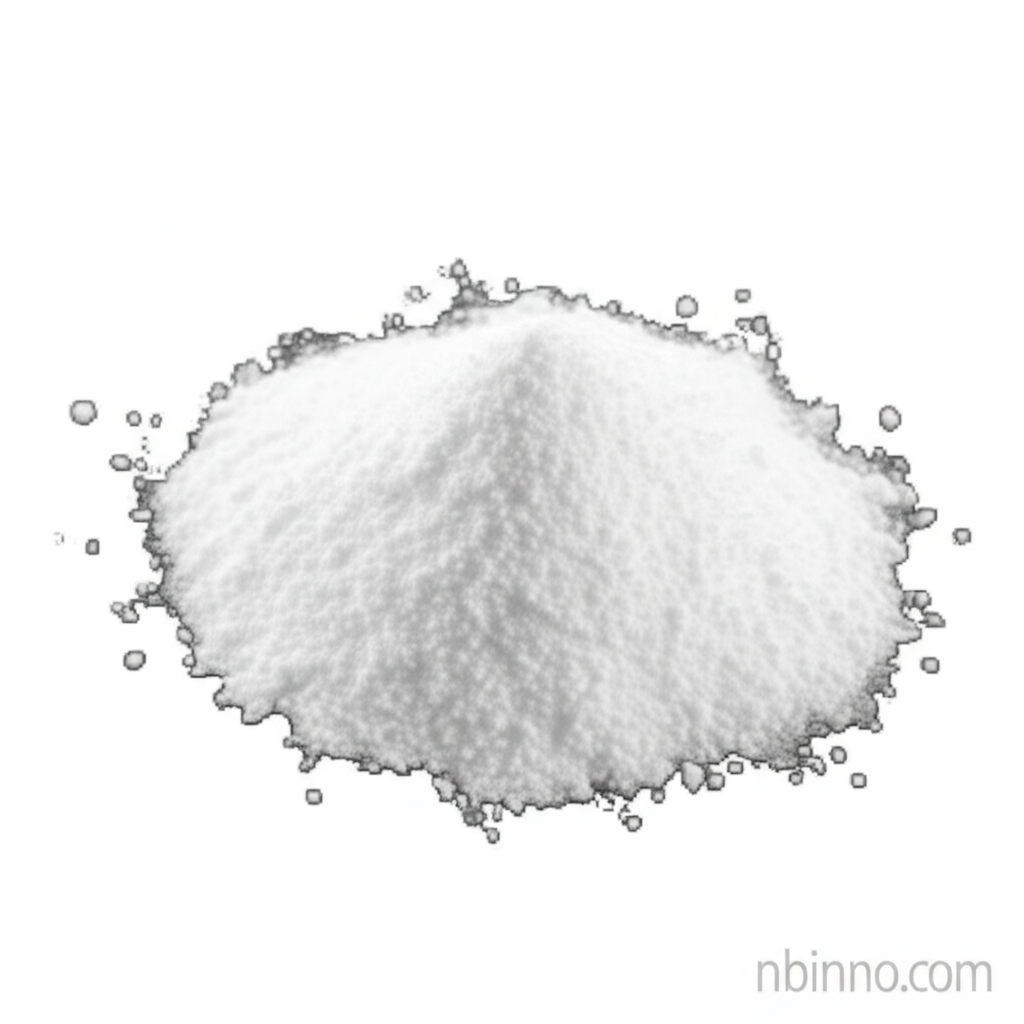Ethyl Cellulose N20: Revolutionizing Tablet Adhesion and Drug Delivery
Discover the power of Ethyl Cellulose N20 as a key pharmaceutical excipient for advanced tablet formulations.
Get a Quote & SampleProduct Core Value

Ethyl Cellulose N20
Ethyl Cellulose N20 is a high-quality pharmaceutical excipient valued for its exceptional binding and film-forming capabilities, making it indispensable in modern pharmaceutical manufacturing for creating robust and effective oral dosage forms.
- Explore the critical role of ethyl cellulose for tablet adhesive applications, ensuring optimal tablet integrity and performance.
- Leverage the benefits of ethocel N20 pharmaceutical grade as a highly effective tablet binder for improved drug formulation.
- Understand how EC tablet binder properties contribute to enhanced tablet hardness and reduced friability in your products.
- Investigate controlled release ethyl cellulose for advanced drug delivery systems, enabling precise therapeutic outcomes.
Key Advantages of Ethyl Cellulose N20
Enhanced Tablet Hardness
Utilize ethyl cellulose for tablet adhesive formulations that significantly increase tablet hardness, thus reducing the incidence of tablet breakage during handling and packaging.
Superior Film Formation
Experience the capability of film forming agent ethyl cellulose to create smooth, uniform films that mask unpleasant tastes and protect sensitive active pharmaceutical ingredients.
Precise Drug Release Control
Implement controlled release ethyl cellulose to design sophisticated drug delivery systems, offering predictable and sustained drug release profiles that improve patient compliance and treatment efficacy.
Key Applications
Tablet Adhesion and Binding
As a primary ethyl cellulose for tablet adhesive, it ensures tablets maintain their structural integrity, a crucial aspect of pharmaceutical quality control.
Taste Masking Coatings
Employing film forming agent ethyl cellulose allows for effective taste masking, significantly improving the palatability of medications, especially for pediatric or geriatric populations.
Controlled Release Formulations
The unique properties of controlled release ethyl cellulose make it ideal for developing sustained or delayed drug release profiles, optimizing therapeutic effects.
Microencapsulation
EC for microencapsulation serves as a protective barrier for active ingredients, ensuring stability and controlled release through its versatile formulation capabilities.
